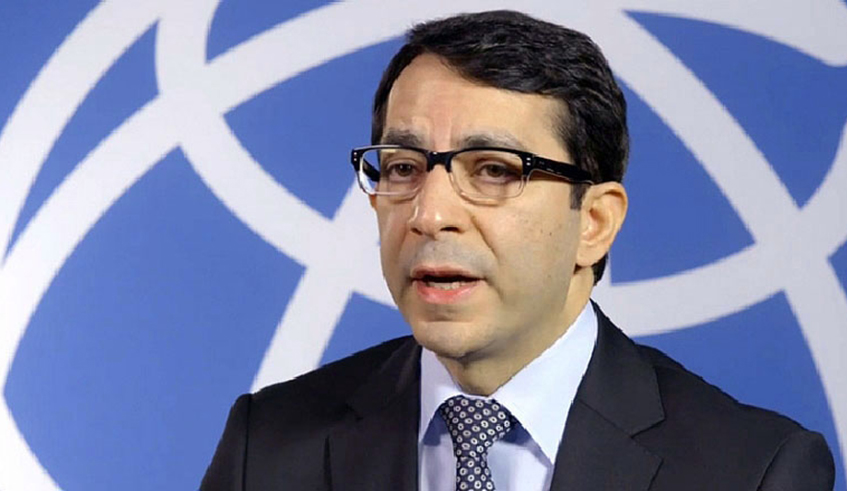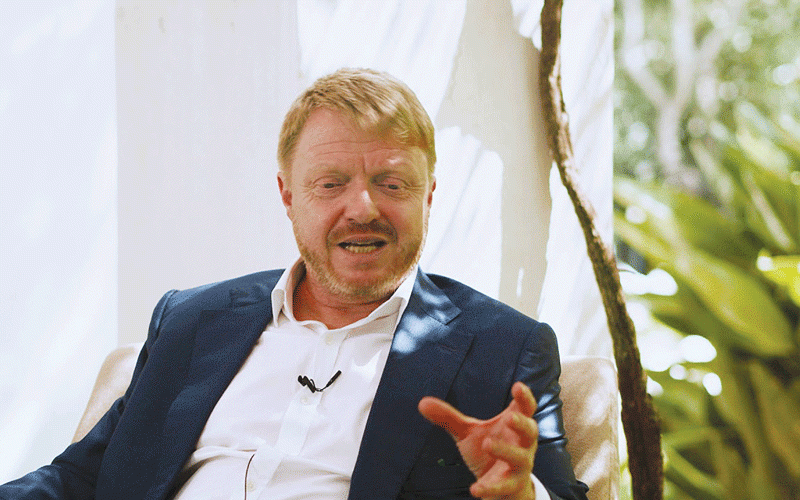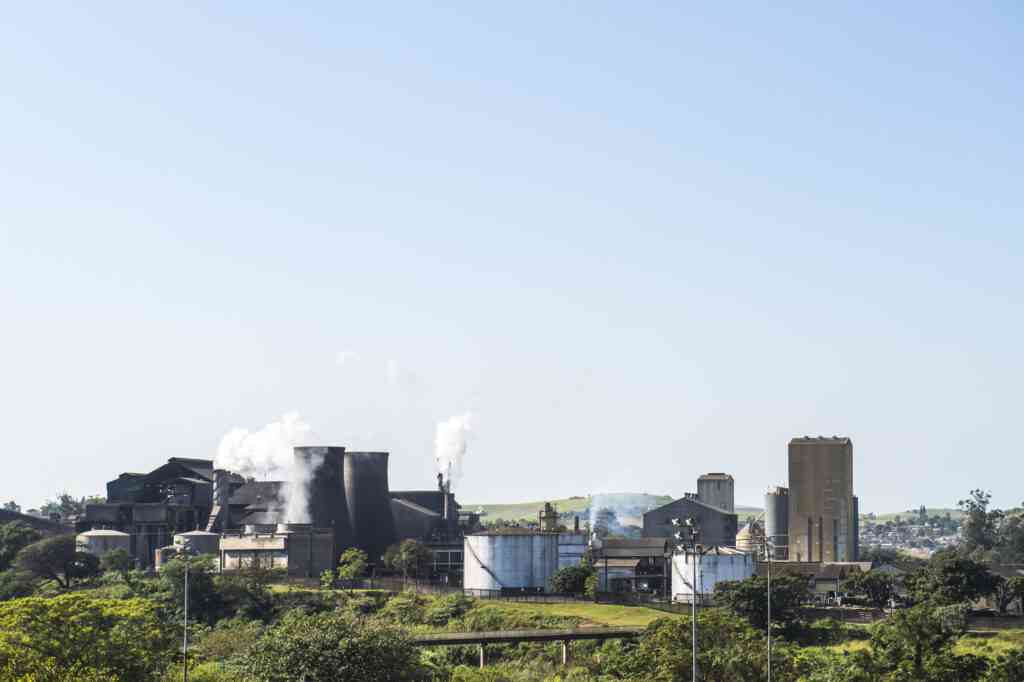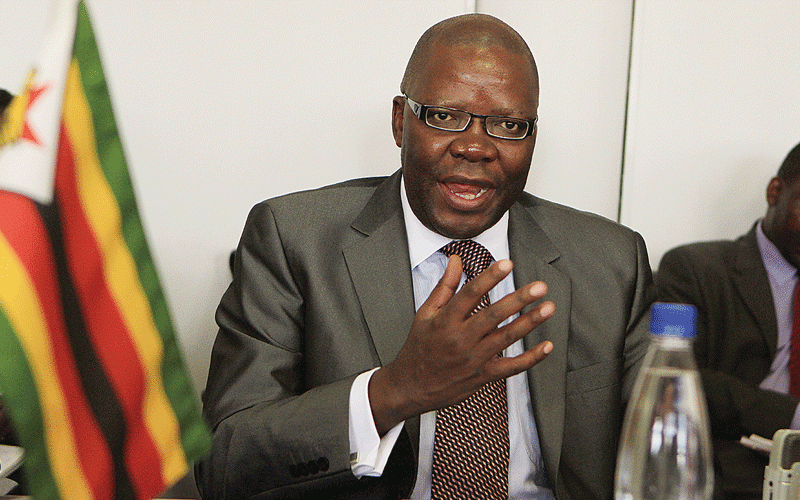
BY KUDAKWASHE TAGWIREYI
THE COVID-19 pandemic has led to the first rise in global extreme poverty in 20 years, the World Bank has said.
World Bank Prospects-Group director Ayhan Kose, in a statement last week said there was a pronounced slowdown in the global economy in contrast to last year as the pandemic, which entered the third year, wreaked havoc.
“We had a very strong rebound last year that was driven up by pent-up demand and significant policy support. Going forward we are projecting a pronounced slowdown,” Kose said on the World Bank’s official Twitter page.
The latest Global Economic Prospects report predicts global growth will slow down 5,5% in 2021 to 4,1% in 2022 and 3,2% in 2023.
Kose said policymakers around the world were withdrawing support measures as governments run out of resources to face new threats.
He predicts significant risks as a result of the COVID-19 pandemic such as persistence of high debt levels and elevated inflation.
This, he said, would compound the situation even more for developing economies.
- Chamisa under fire over US$120K donation
- Mavhunga puts DeMbare into Chibuku quarterfinals
- Pension funds bet on Cabora Bassa oilfields
- Councils defy govt fire tender directive
Keep Reading
In order to mitigate the possibility of hard landing, Kose said, policymakers must be proactive.
This comes after speaker of Parliament Jacob Mudenda said the COVID-19 pandemic had paralysed the economy and increased the country’s domestic and international debt.
“The pandemic paralysed the economic sector, culminating in the distension of the informal sector, and increased domestic and international debt burden on the country. Similarly, the social sector was not spared by the vagaries of the pandemic,” Mudenda said.
The World Health Organisation director health systems governance and financing Agnes Soucat in a statement last week warned the vaccinations rates were not sufficient to avoid the negative economic consequences of the Omicron wave.
She said there was a significant need to stray away from the global supply chain model in the call for a massive shift in global health which had negatively deteriorated because of the COVID-19 pandemic.
To be successful, she said, investment is required in regulation and legislation of African purchasing facilities and industrial policies.
- Follow NewsDay on Twitter @NewsDayZimbabwe











